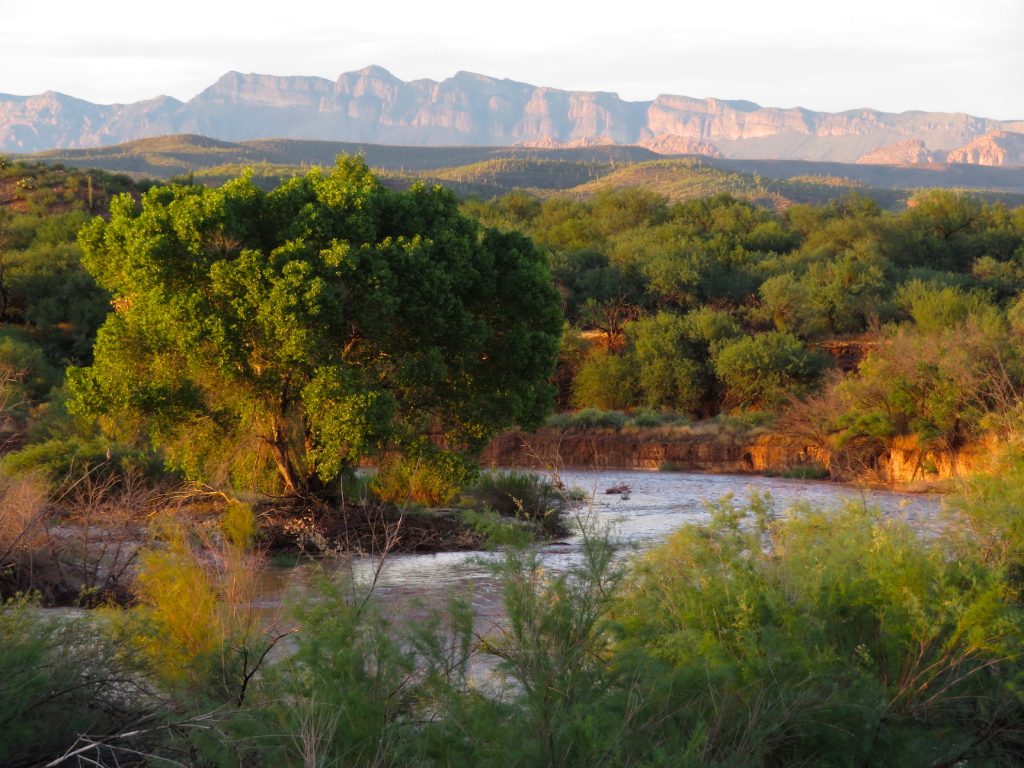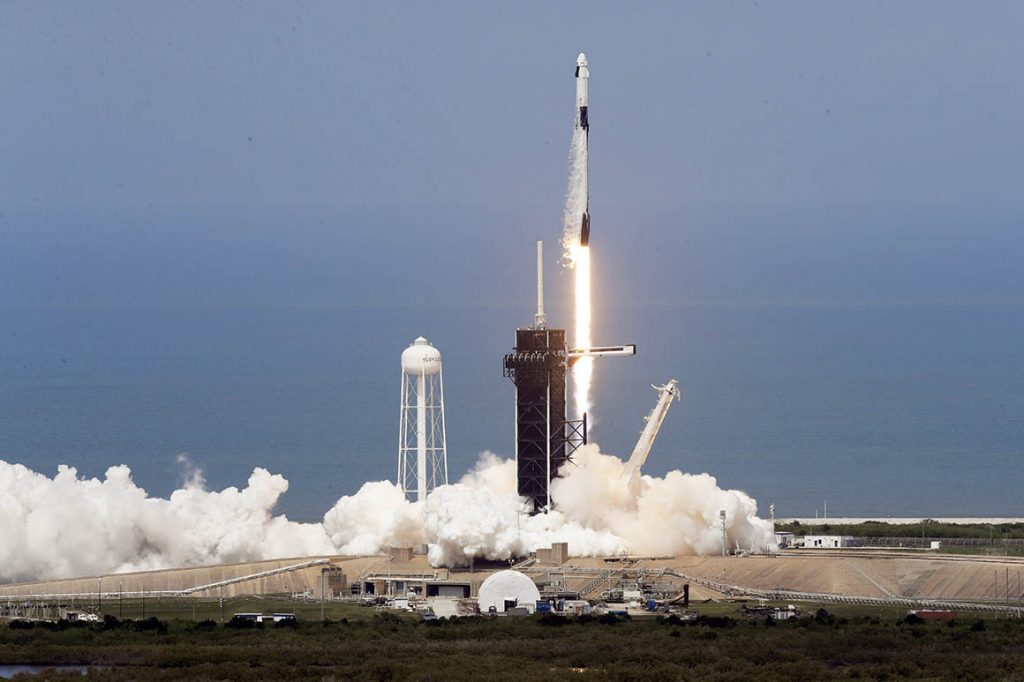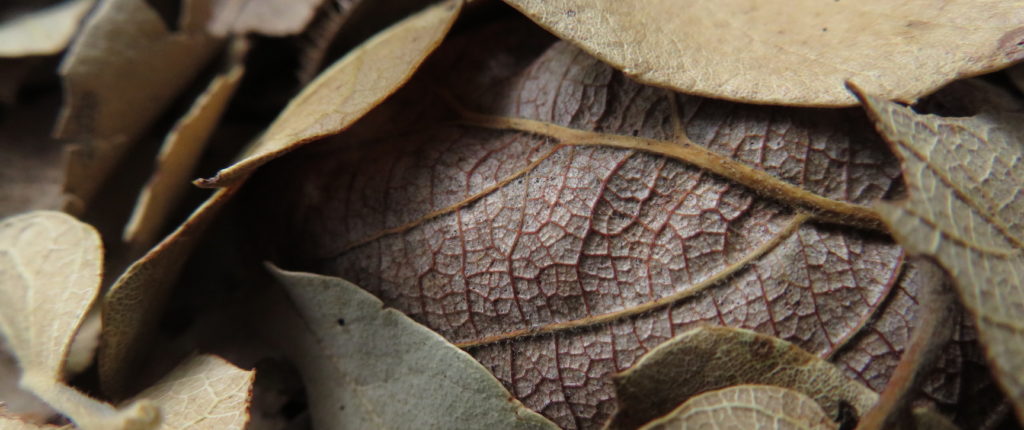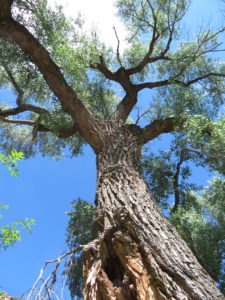Comfort
We have for millennia worked to reshape the world around us in order to make it more comfortable.
What if we instead reshape ourselves, to find greater comfort in the unaltered world?
We have for millennia worked to reshape the world around us in order to make it more comfortable.
What if we instead reshape ourselves, to find greater comfort in the unaltered world?
Would the finch donning a strap-on propeller evade the claws of the hawk or eagle?
Would the tuna sporting a motorized fin and AI controlled rudder escape the stomach of a dolphin?
Would the earthworm find more fertile soil if it was able to employ ground-penetrating radar?
Does dominion over the natural world grant us a sense of superiority and control?
The hawk would be forced to shift its diet to those prey yet within its reach, as all species have had to do over time. But if the trend spread quickly, and all birds under the watchful eye of hawks, eagles, and owls were to escape most encounters relatively unharmed due to hi-tech gear acquired on low interest rate loans, the ecosystem would collapse for the uncontrolled proliferation of those that consume insects and seeds and the inevitable demise of their food source too. Only the vulture would benefit, in the short term, until a new balance was found.
Coyotes with Kevlar body armor would stand fearless against the rancher. Mountain lions with pepper spray and tasers would no longer take refuge in trees against hunting dogs. And the lowly rat would dominate the human house if its teeth were reinforced with diamond-carbide coatings, enabling concrete block, drywall panels, and wire mesh a mere time consuming annoyance.
Yet, with each improvement, with each upgrade, the rapid altering of a balance defined by millions of years declares no winner, only those who lose. When will we be OK with what we have, finding joy in the speed of our own two legs, the strength of our own two arms, and focus instead on the development of our heart and minds?

In the desert, the rain seldom arrives in a subtle manner, quietly or over the course of hours. Rather, it obliterates the sun within minutes, a bold, dark mass that hides something sinister. At the leading edge of the billowing clouds is a swirling mass of cool, moisture ladened air. A simultaneous sense of excitement and dread is carried by a deceptive, playful greeting. Soon, that same wind is breaking branches and tossing loose sheets of metal into neighboring pastures. Bold strokes of light rise from points unseen, echoed by melodramatic rumbles that awake toads for a twelve hours mating ritual.
Just before sunset, blue skies chase black past the horizon and the rivers run as though they were never without water, only a memory of dry sand a few hours earlier.
We look the other way, not wanting to get involved.
We voice our opinion, but only to those who agree and listen.
We grow accustomed to the new norm, forgetting how things were.
We ignore the signs that history is repeating, believing we are different than before.
Erosion of the cor ners of the foundation,
cracks that grow from within.
Bricks removed, one by one,
and the mortar re turns to sand.
This is how we collapse.
This is how we crumble.
This is how the dictator
turns democracy into rubble.
These past few weeks have left me speechless. I simply don’t know what to say. It’s not that I don’t have emotions or reactions, rather I don’t want to feel what I am feeling—hopeless, horrified, completely disappointed in our government, the actions of individuals, even in our species.
Once again we are rising up, reawakening to power differentials, taking action and saying “No more!” Is this real change and an upward trend, or a momentary flutter in an historic review when we look back a few centuries from now?
In the lifetime of my grandmother she saw the rise and fall of lynchings by the KKK. In the lifetime of my father segregation in the U.S. came to an end (mostly). In my lifetime we have seen the end of electroshock therapy and sterilization of those who have learning disabilities. We will look back on each of these in disgust and wonder how it could have been.
But how quickly do we revert to the behavior of the prior generations? Are we truly changed as a species, reprogrammed at a fundamental level, or are we more simply rewiring our expectations with the underlying systems of interplay nearly identical to 100,000 years ago?
In our places of work, school, and social engagement, we talk about awareness and education. We engage in difficult conversations and walk in the shoes of those we do not understand. We remove people from power who are abusive to the minority and the under privileged. I ask, Are we affecting change at the source? Or are we just temporarily modifying the behavior of a half generation, the next to come along reverting to what we thought was erased?
Maybe we are on an upward trend, a global consciousness rising. Maybe the current rise of dictators and fascism and hatred for “the other” is a momentary, interglacial freeze in a longer warming trend. Or maybe Roddenbury got it all wrong and four hundred years from now we will not be unified as a species, exploring brave new worlds, rather we’ll still be fighting our synthetic racial divides and protesting brutality every quarter century.
We share the most homogeneous code of any species on the planet and it has not evolved to thrive in this overfilled, boiling pot. I fear we will continue to invoke change at a superficial level only to wonder a hundred years from now why we’re doing the same damned thing over and over again. We need to stop pointing fingers and implicating that that person is racist and that other is not, when this is but a temporary fix. We need to dive in deep and look to the source of these behaviors as functions of home, school, church, and the very foundation of cultures and nations and the social construct of our species.
Yes, we have to keep trying. That too is fundamental to our species. We keep working for a better world in which we reward unity over division, and the minorities at both extremes share power with the majority.
The last time I read a book must have been some time ago,
for no longer do I recall the cover, the title, or the hero.
Instead, my days are filled with tasks and action items and to-dos,
The only action I see is when I press the wrong key,
all mystery, crime, and murder DELETE’ed.

Yesterday was a day of mixed emotions and powerful memories as I watched the launch of the NASA/SpaceX Demo 2 mission. With the first Shuttle launch my brother, parents and I watched on TV, cheering for the thrill of that beautiful vehicle defying gravity for the first time. We were allowed (even encouraged) to skip school a few times over the years for subsequent launches. And I remember the tragedies of a launch and a re-entry failed.
With NASA and SpaceX taking humans into orbit in a vehicle that looks like something out of a Hollywood film, finally, we are again in motion toward the planets and stars.
At the same time, we struggle with such basic, fundamental frailty, so much anger and pain buried deep inside for the injustices that remain in this world. We are at a critical time when this planet yet holds a hundred populations in relative isolation, as they have lived for thousands of years, and soon we will place boots on Mars.
How can all the variations that make us unique find a means to thrive? Will we learn to uphold the diversity of our species and at the same time embrace a new, unified goal that pulls us through these critical, transitional times?
I hope this and many more launches to come remind us what we have and can do when we are working toward a common goal.
As one who has frequently lived in isolation, in 2013 on a remote ranch in Colorado six weeks without seeing another human, and now in a wilderness abode with the closest neighbor a quarter mile away, the nearest town more than thirty, I recognize that my situation is the opposite from those living in isolation in the city.
This disparity causes me to wonder, Would be more difficult to venture to Mars with crew mates, or totally alone? Living in a highly confined space for more than a half year is certainly one of humanity’s greatest challenges, while the practices of living alone, solo trekking, and meditation retreats are celebrated as a means to elevate the human experience.
Do we also celebrate interpersonal caring, space sharing, and communication in such a way as to uphold those who have “survived” group dynamics in close proximity for extended periods of time? Are there monks who practice daily banter rather than go months without speaking?
Perhaps the original Biosphere 2 was just such an experiment, in the end. Many lessons learned. Surely, every Apollo mission had stories to tell as does every U.S. Navy submarine captain.
In this home-bound arena many people are learning what it means to share a small space with others, or how to go it alone. What we can learn from this experience as we design and construct prototypes for off-world habitation? How can our space program benefit from what are now learning? What does personal space mean, when space is already limited? How can we train individuals to communicate in such a way as to uphold the communal space and respect personal space too? How do you assure astronauts will come out the other end of a long journey bound by the mission objectives and also bound by something even more powerful, friendship for a lifetime? And is over militar training the only way? How does architecture support or undermine interpersonal relationships?
Questions without immediate answers … we will see.

There are places yet remaining that feel to the visitor untouched by time. We call this wilderness, and we protect it from recreational vehicle, developers, and politicians whose pockets are too easily filled with bills too large. These areas must remain wild, free of human impact other than photograph and footprint if we are to maintain some semblance of balance in the world at large. Something must offset the impact of cities and urban sprawl. Some places must give us reason to pause, to remember what it was like to be just another humble animal on a planet we did not always dominate. On trails too narrow for vehicles, on paths too jagged for wheels, that is where we recall who we really are, the human animal.
 We walked to this place from my back door and spent the afternoon listening. Everything we heard was clear. A hawk call, a leaf fall, and the sound of a water were undeniable and real.
We walked to this place from my back door and spent the afternoon listening. Everything we heard was clear. A hawk call, a leaf fall, and the sound of a water were undeniable and real.
I am more a part of this place than I ever will be of the constructed world. We all are. Yet the thing we are all hiding from, the nearly invisible string of DNA neither living or dead knows there is no separation between us and them, between the wealthy and the poor; black, white, and brown; uneducated and well read. Biological systems eventually transcend all social and geographic borders. There is no beginning or end, only the creativity of evolution and the tenacious, constant change. We are part of this process, not a destination. This is a time to celebrate simple things again.